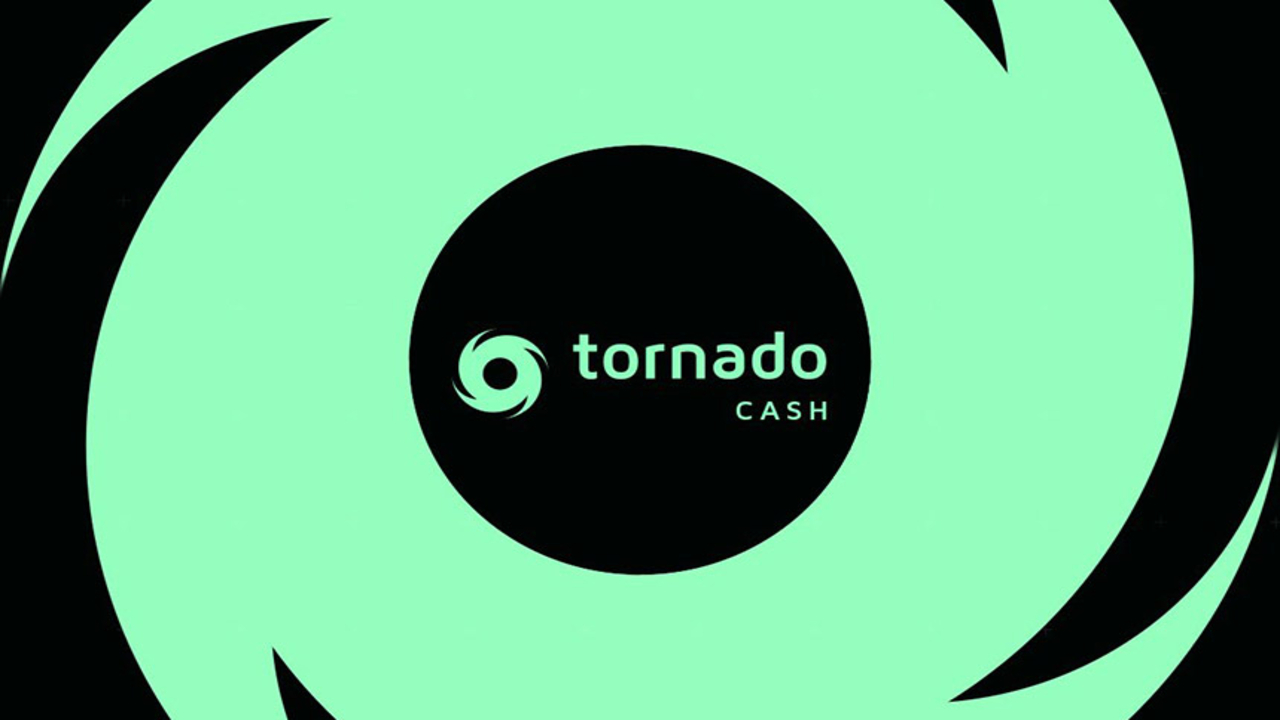Today, Tornado Cash’s native token, TORN, dropped by over 27% from $12.75 to $9.28. The crash came after the platform’s developer, Roman Storm, received a mixed verdict in a high-profile legal case. Storm could face up to five years in prison after a well-publicized trial.
TORN Token Reacts to Court Verdict
The governance token of Tornado Cash, called TORN, recently dropped by 27% after a key court ruling involving co-founder Roman Storm. The jury found Storm guilty of operating an unlicensed money-transmitting business, which could result in a maximum prison sentence of five years.
However, the jury could not agree on the more serious charges of money laundering and sanctions evasion, resulting in a partial mistrial. The sharp drop in TORN’s price likely reflects investors’ concerns about the jury’s verdict and the ongoing legal issues surrounding Tornado Cash.
Regulatory bodies are closely watching the decentralized platform because of its alleged role in over $1 billion in illegal transactions. Authorities are particularly focused on its supposed ties to North Korea’s Lazarus Group, which is involved in various cybercrimes.
Storm’s Legal Representation
Storm’s legal team defended him by saying that Tornado Cash is mainly focused on protecting user privacy, a crucial aspect of cryptocurrency. They argued that because the platform is decentralized, the developers cannot control how it is used or what users do with it.
In contrast, the prosecution claimed that Storm made money from illegal activities linked to TORN token sales. They presented strong evidence during the trial, including a 2019 T-shirt with a washing machine logo, which they said showed Storm’s intention to hide the source of the money.
Storm was found not guilty on some charges, but the trial raised important questions about how developers in decentralized finance (DeFi) should be held accountable. The case shows the ongoing struggle between the desire for privacy in digital currencies and the government’s efforts to regulate these privacy-focused services.
As Storm waits for sentencing and plans to appeal the jury’s decision, the cryptocurrency community is concerned about the future of decentralized platforms like Tornado Cash. This concern grows with the increasing government oversight aimed at stopping financial crimes.
The market’s reaction shows worry about the future of privacy tools in digital assets, especially with growing government efforts to regulate these services.
Find Cryptocurrencies to Watch and Read Crypto News on the Go Follow CryptosToWatch on X (Twitter) Now

